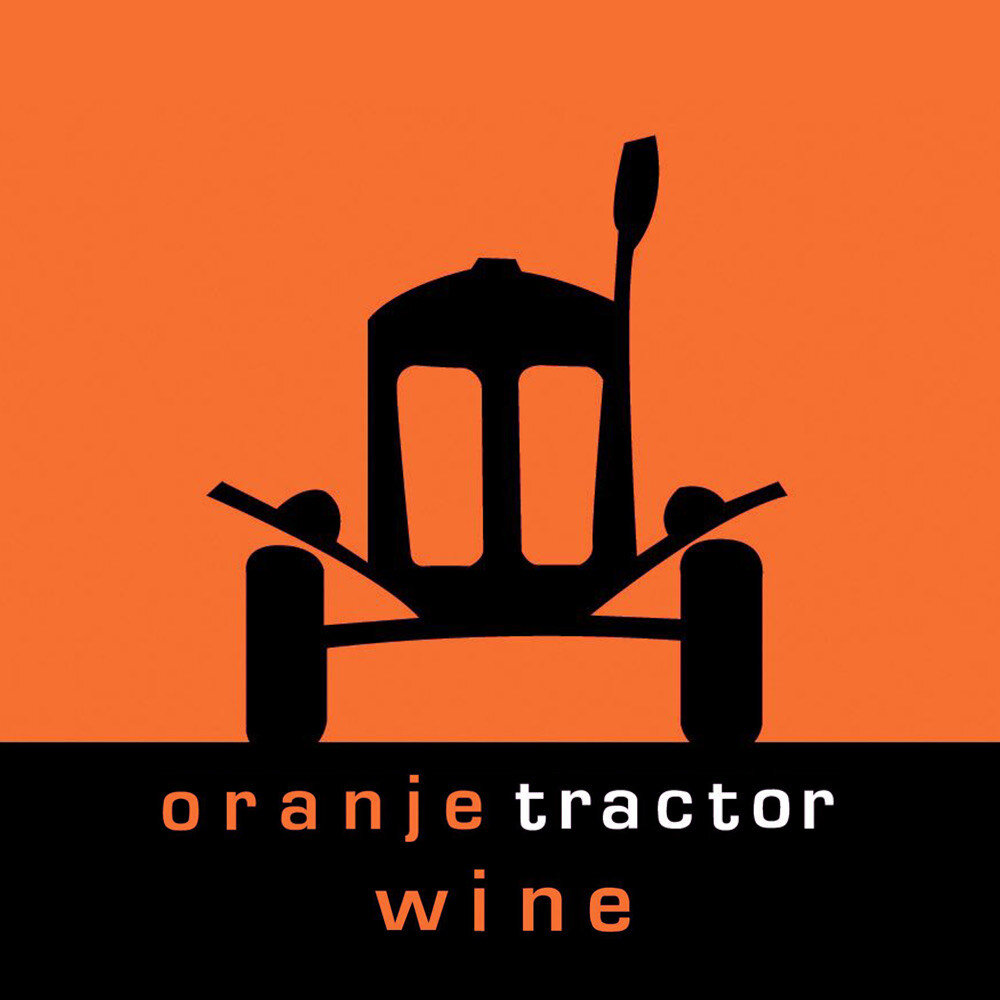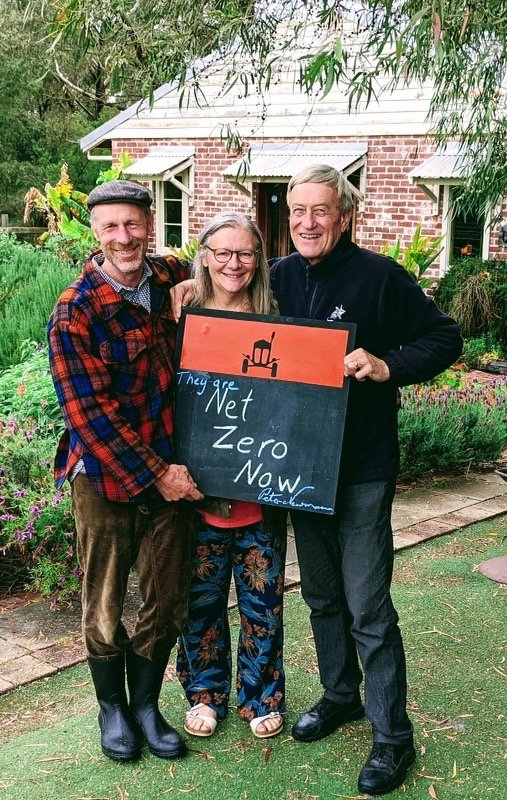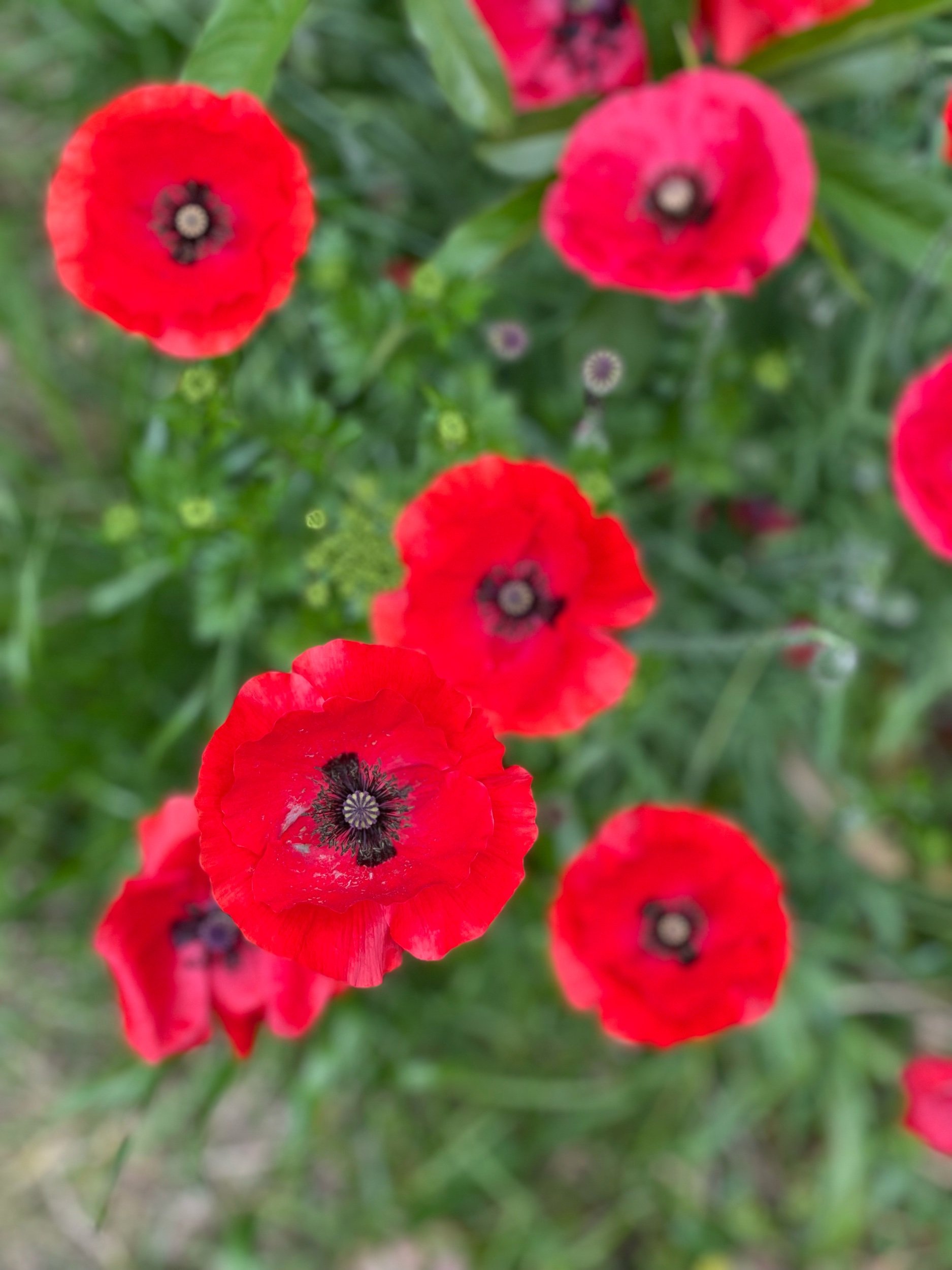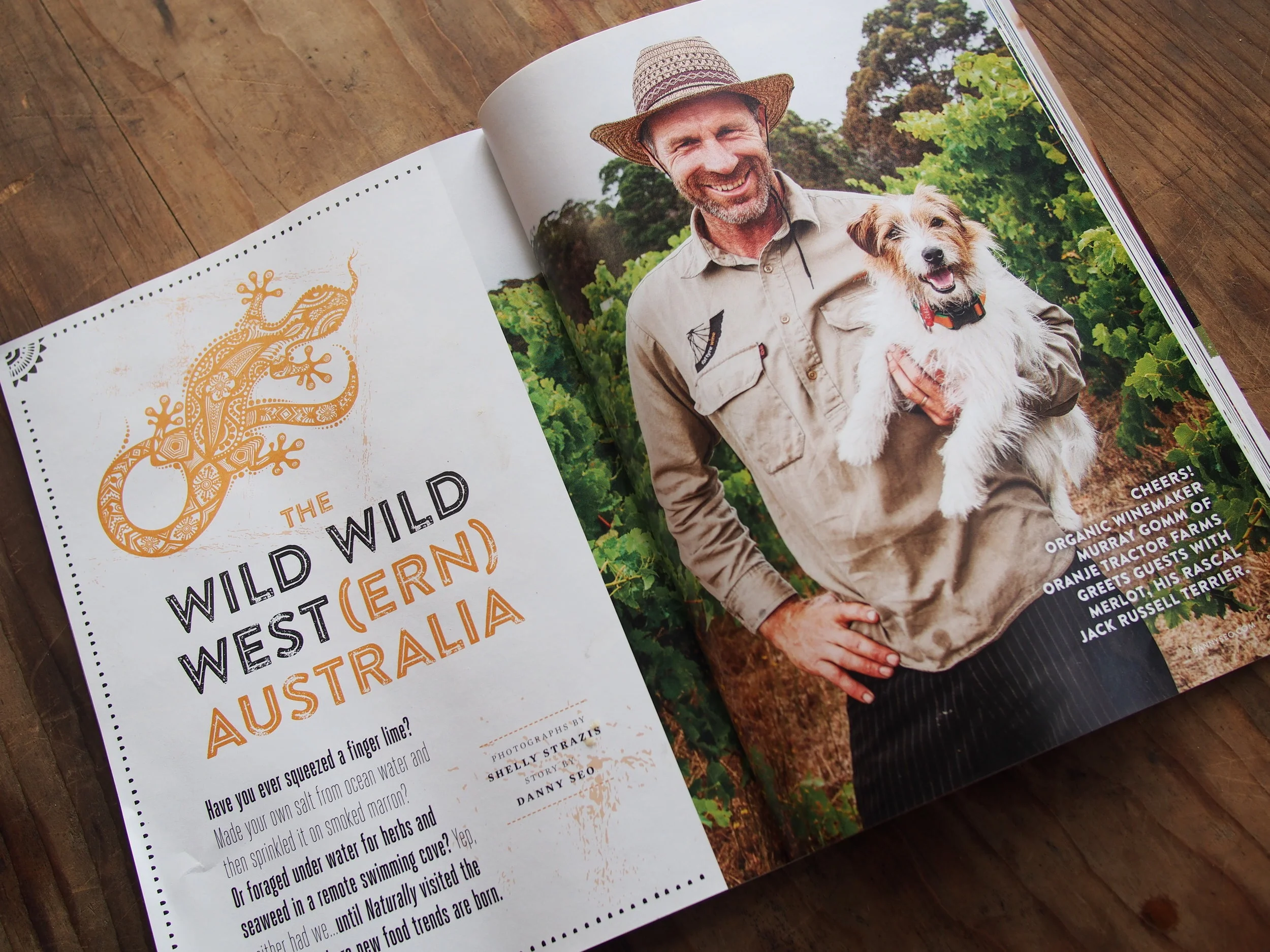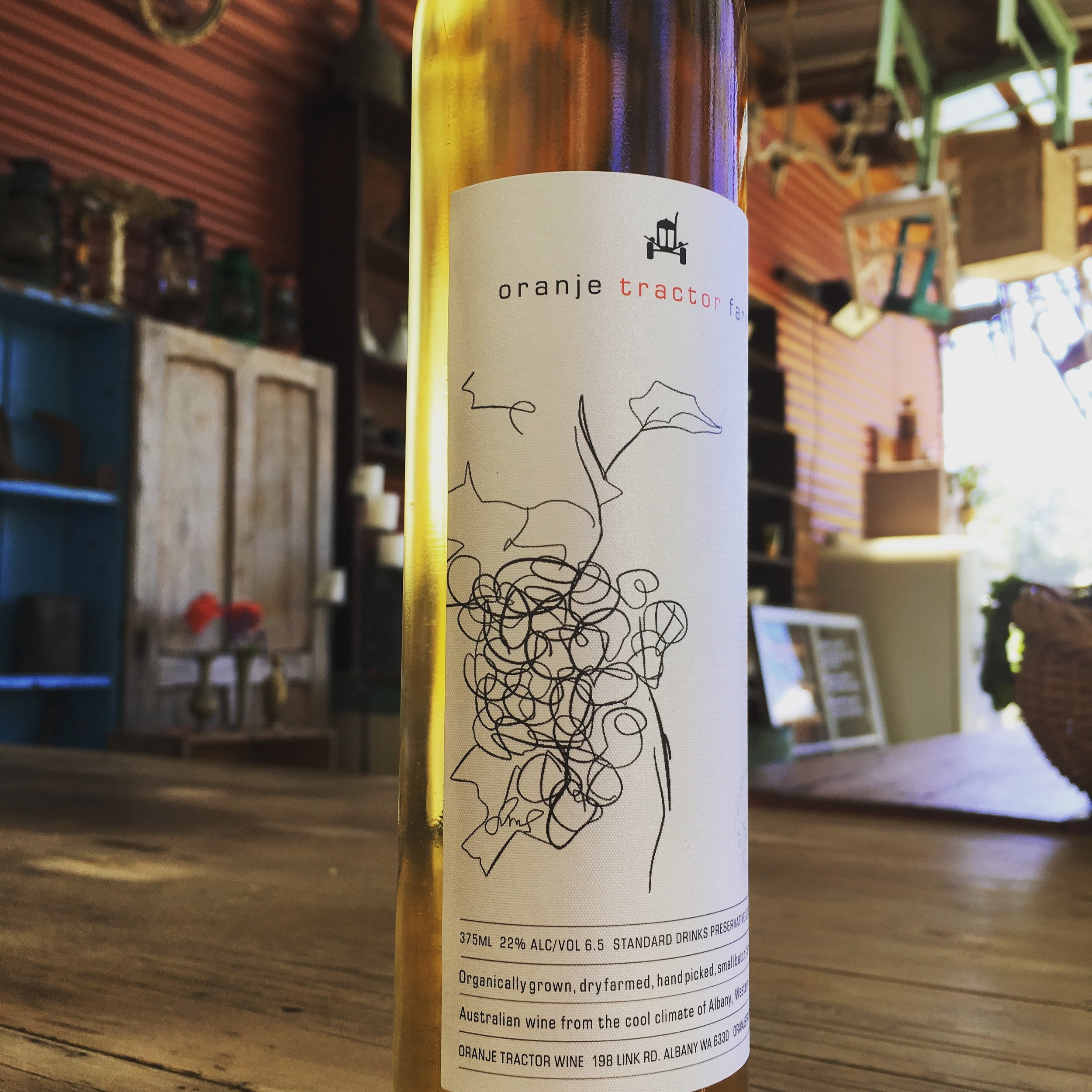The non-cutting of the cord
Building Soil Fertility
Here is a photo taken back in February when soil ecologist Dr Christine conducted a Soil Health masterclass at our place. It was a dry summer, but you can see deep rooted, summer active chicory and plantain that are feeding the soil food web liquid carbon. These are two plants that we included in our cool season cover crop that we planted back in March when there was moisture and warmth. Both have germinated and we we are looking forward to greener inter rows this summer. If the microbes in the soil food web have a food source then they can help the vines out with pest, disease and nutrition services.
You can find out more about our organic and regenerative approach to create soil fertility here.
The Lelebirds in Concert
Fit for a king!
Minister for Ag drops in
Minister for Agriculture, the Hon Alannah MacTiernan, and local member Rebecca Stevens booked our Organic and Regenerative Small Farm Tour last Saturday to find out about our Net Zero achievement.
By implementing a range of organic and regenerative agricultural practices, our sequesters six times more CO2, and CO2 equivalents, than the vineyard emits.
Over a typical year, our 8-hectare farm sequesters 8.5 tonnes of CO2, whilst the 2.6 hectare vineyard emits just 1.4 tonnes.
Last year we participated in a Landcare Australia Carbon Accounting process which identified emissions from the vineyard, purchased inputs and the amount of carbon that is sequestered by vegetation on the farm.
We don’t need to purchase offsets because are better than net zero now. This is because we implement a range of organic and regenerative practices that allows natural ecosystems to flourish. If you let it, nature will increase soil fertility, water retention, produce healthy plants that are more resilient against pests and diseases, weeds are sent packing and you can keep your input costs down and remain viable.
We are carbon positive because we don’t purchase synthetic fungicides, pesticides and water-soluble fertiliser. We are here to regenerate our small patch of the planet, not strip mine it for a quick buck.
There are a lot of things we don’t use because they are damaging. Ammonium nitrate is a common fertiliser that blows things up. It is the explosive charge in bombs. It can blow up in storage as it tragically did in Beirut last year. Today it is a common fertiliser that blows up soil bilogy.
Soil dependent on synthetic ammonium nitrate fertilizer becomes lifeless and unable to support healthy plant growth. The billions of microorganisms in soil that naturally convert organic matter to usable nitrogen for plant growth are harmed by synthetic ammonium nitrate fertilizers.
As a micro business we couldn’t afford the $5 000-$8 000 to validate and accredit the carbon accounting process. Instead, we asked Peter Newman, Professor of Sustainability at Curtin University to visit and he duly signed off our Net Zero Now status.
Peter and his research group are now writing up the story for an international journal as he says “the world needs to know about this”, said Professor Newman.
We achieved organic certification in 2006 and have introduced a range of regenerative practices in recent years. These practices include planting cover crops in between vine rows to increase the diversity of our underground livestock. We now leave canes in the vineyard to breakdown and release nutrients rather than removing and burning them. Sheep are strip grazed in the vineyard to keep the grass down to a height that maximises the amount of liquid carbon they feed to the soil food web.
Our soil biology tests have revealed we have soil teeming with an enormous diversity and quantity of fungi and bacteria which are the engine room of the soil food web.
We don’t own a working tractor (just the old orange one that serves as the entry statement) and rarely is one used in the vineyard because we don’t want to compact the soil, squeezing air and water out. No air, no water, no life.
Investing in the free services that nature provides rather than paying big dollars for horror rides on the industrial treadmill hasn’t affected the quality of our wine. We have bounced between a 4.5 star and 5 star (the maximum) Halliday rating since we started.
Oranje Tractor Wine Is Net Zero Now
By practising a range of organic and regenerative agricultural practices the Oranje
Tractor Farm, near Albany, sequesters six times more CO2 , and CO2 equivalents,
than the vineyard emits.
In 2021 Oranje Tractor Farm participated in a Landcare Australia Carbon
Accounting process which identified emissions from the vineyard, purchased
inputs and the amount of carbon that is sequestered by vegetation on the farm.
In a typical year, the 8-hectare Oranje Tractor Farm sequesters 8.5 tonnes of CO 2 , whilst the 2.6
hectare vineyard emits just 1.4 tonnes.
“We don’t need to purchase offsets because we are better than net zero now. This
is because we implement a range of organic and regenerative practices that allows
natural ecosystems to flourish. If you let it, nature will increase soil fertility, water
retention, produce healthy plants that are more resilient against pests and diseases,
weeds are sent packing and you can keep your input costs down and remain
viable”, said owner Murray Gomm.
“We are carbon positive because we don’t purchase synthetic fungicides, pesticides
and water-soluble fertiliser. We are here to regenerate our small patch of the
planet, not strip mine it for a quick buck”
“There are a lot of things we don’t use because they are damaging. Ammonium
nitrate is a common fertiliser that blows things up. It is the explosive charge in
bombs. It can blow up in storage as it tragically did in Beirut last year. Today it is a
common fertiliser that some say blows up the soil”.
Soil dependent on synthetic ammonium nitrate fertilizer becomes lifeless and
unable to support healthy plant growth. The billions of microorganisms in soil that
naturally convert organic matter to usable nitrogen for plant growth are harmed by
synthetic ammonium nitrate fertilizers.
“As a micro business we couldn’t afford the $5 000-$8 000 to validate and accredit
the carbon accounting process. Instead, we asked Peter Newman, Professor of
Sustainability at Curtin University to visit and he duly signed off our Net Zero
Now status”
Peter and his research group are now writing up the story for an international journal.
“The world need to now about this’’ said Professor Newman.
“We achieved organic certification in 2006 (after transitioning from 2002) and have
introduced a range of regenerative practices in recent years. These practices include
planting cover crops in between vine rows to increase the diversity of our
underground livestock. We now leave canes in the vineyard to breakdown and
release nutrients rather than removing and burning them. Sheep are strip grazed in
the vineyard to keep the grass down to a height that maximises the amount of
liquid carbon they feed to the soil food web”.
“Our soil biology tests have revealed we have soil teeming with an enormous
diversity and quantity of fungi and bacteria which are the engine room of the soil
food web”.
“We don’t own a working tractor (just the old orange one that serves as the entry
statement) and rarely is one used in the vineyard because we don’t want to
compact the soil, squeezing air and water out. No air, no water, no life”.
“Investing in the free services that nature provides rather than paying big dollars
for horror rides on the industrial treadmill hasn’t affected the quality of our wine.
We have oscillated0 between a 4.5 star and 5 star (the maximum) Halliday rating
since we started”.
“If we take our Riesling for example it has won numerous state and national
awards including;
Gold medal and trophy 2021 WA Wine Show
Gold medal at the 2018 International Riesling Challenge
Gold medal and trophy at the 2008 National Wine Show of Australia”.
Oranje Tractor Farm was visited by HRH Prince Charles in 2015, due to his keen
interest in organic and regenerative production.
For further information contact Murray Gomm on 0431 846 412 or Professor Peter Newman on 0407 935 133.
Lest we forget
Poppies
Now serving at Juanita's in Subiaco
The delightfully eclectic Juanita’s in Subiaco is now exclusively serving our 2018 Riesling. No-one else locally or in Perth has this gracefully ageing Riesling for sale over the bar…or in any liquor store for that matter. In fact, the only other place you can buy it is here on the farm, and there ain’t much of it left (plenty of 2021, though!!!).
Top Dog
History repeats - Gold & Trophy for our aged Riesling
Last week’s Western Australian Wine Show (the only wine show that is focussed only on WA) brought us some great news. The Oranje Tractor 2017 Riesling not only took out a Gold medal, but won the trophy for the Best Aged Riesling of the show for 2021. We’re thrilled, of course but only a little surprised because the last time (2008) we entered an aged Riesling into the WA Wine Show, it also took out a Gold and the same Trophy - the Pam McGregor Trophy….
Winter in the Wild, Wild West
At last count, 15 large trees were blown over on the Oranje Tractor Farm in the recent storm that lashed the south coast. Not all were quite as big as this big fella (pun intended ;() but most of them would have been classified as “widow makers”. It’s been a busy time cleaning up after the storm, with chainsaw melodies continuing to ring across the neighbourhood more than a week on….
Why drink organic wine?
Cellar door
Sorry, the cellar door is not open today Sunday 28 April 2019
Hot off the press
Well, not off the wine press but from the printer. Our brand new wine has a label. What’s it called, this slightly sparkling, fortified, botrytized Riesling? Not “bot-rot-pet-nat-fort” as one of us suggested!!!
Mistelle Riesling
Available at the cellar door now!
